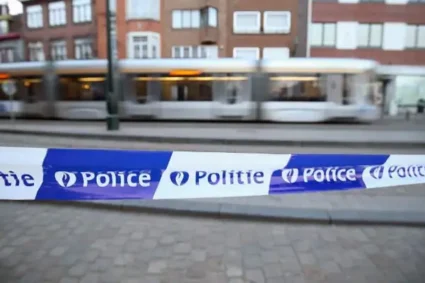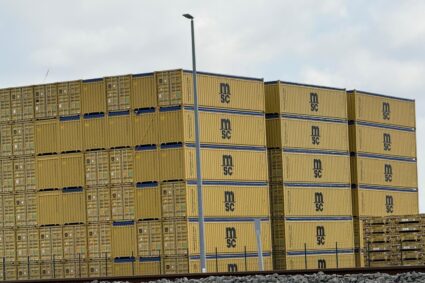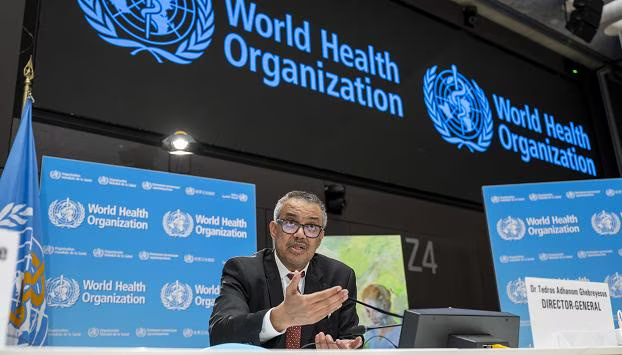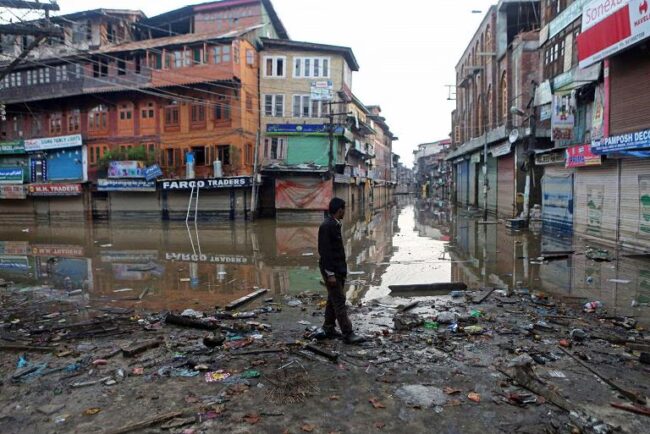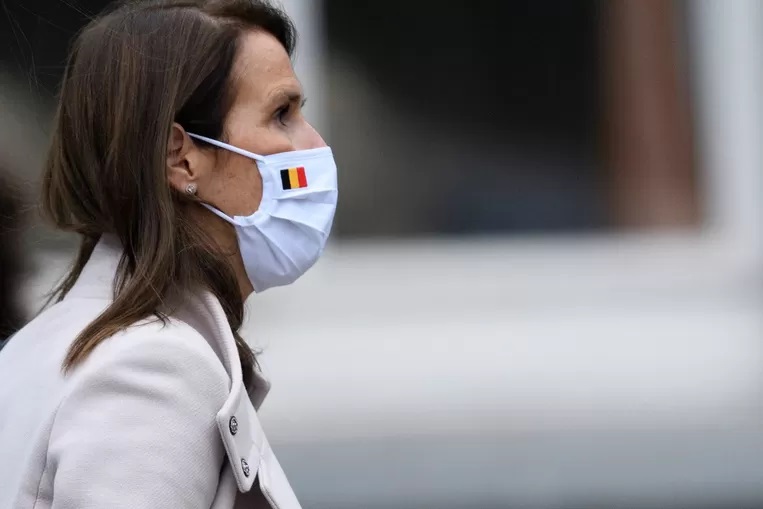
Wilmès was speaking at the Assembly of States Parties to the Statute of Rome, which created the International Criminal Court (ICC). The Assembly took place in The Hague, although Wilmès attended only via web-link.
The assembly dealt mainly with internal administrative matters, including the Court’s budget, staffing and nominations.
In a statement, Wilmès began by reminding the assembly of the Court’s duty to represent the most vulnerable in the world, and the role Belgium had played over the last two years as a member of the Security Council of the United Nations – a position that comes to an end tomorrow.
After various other formalities, she turned her attention to ecocide – broadly speaking, the crime of causing deliberate damage to the environment. The ruling accords drawn up by the Belgian coalition led by Alexander De Croo and supported by Wilmès, party MR, contain a commitment “to investigate and pursue diplomatic initiatives (…) to curb the crime of ecocide (…)”. The passage is assumed to have come at the demand of the Ecolo-Groen faction of the coalition.
But what exactly is ecocide?
“The term has been around since the 1970s, after the US military deployed the pesticide Agent Orange in the Vietnam War,” explained environmental law expert and Groen politician Hendrik Schoukens in De Morgen. “After that, the idea arose that we should not allow such large-scale damage to the environment to go unpunished.”
The US, famously, has refused to join the member states of the ICC, and the Trump Administration has gone so far as to carry out a campaign of legal harassment of ICC judges and officials.



